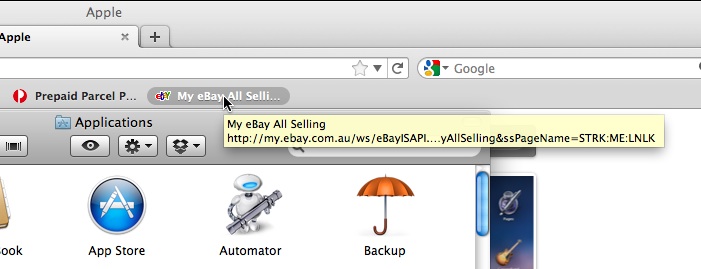-
 chevron_right
chevron_right
Mozilla lays off 60 people, wants to build AI into Firefox
news.movim.eu / ArsTechnica · Wednesday, 14 February - 18:59 · 1 minute

Enlarge (credit: Arturo Martinez / Flickr )
Mozilla got a new "interim" CEO just a few days ago, and the first order of business appears to be layoffs. Bloomberg was the first to report that the company is cutting about 60 jobs, or 5 percent of its workforce. A TechCrunch report has a company memo that followed these layoffs, detailing one product shutdown and a "scaling back" of a few others.
Mozilla started as the open source browser/email company that rose from the ashes of Netscape. Firefox and Thunderbird have kept on trucking since then, but the mozilla.org/products page is a great example of what the strategy has been lately: "Firefox is just the beginning!" reads the very top of the page; it then goes on to detail a lot of projects that aren't in line with Mozilla's core work of making a browser. There's Mozilla Monitor (a data breach checker), Mozilla VPN, Pocket (a news reader app), Firefox Relay (for making burner email accounts), and Firefox Focus, a fork of Firefox with a privacy focus.
That's not even a comprehensive list of recent Mozilla products. From 2017–2020, there was "Firefox Send," an encrypted file transfer service, and a VR-focused " Firefox Reality " browser that lasted from 2018 to 2022. In 2022, Mozilla launched a $35 million venture capital fund called Mozilla Ventures . Not all Mozilla side-projects are losers—the memory-safe Rust programming language was spun out of Mozilla in 2020 and has seen rapid adoption in the Linux kernel and Android .




